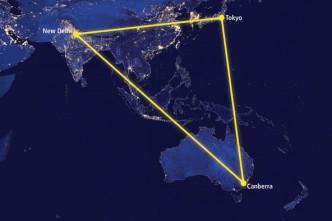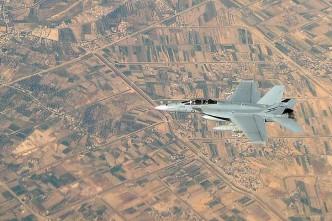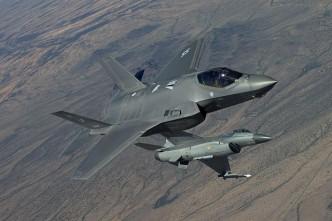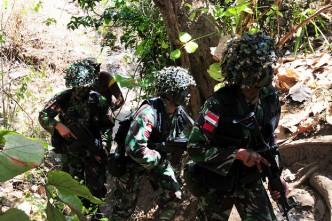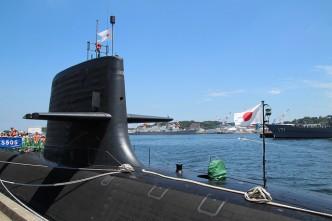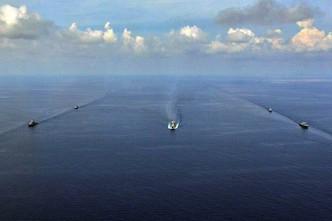Developments in the South China Sea (SCS) have significant implications for India’s strategic interests and its role in the Indo-Pacific. Yet New Delhi has traditionally maintained a safe distance from direct commentary on issues like …
Getting China right is a key challenge for Australian foreign policy. It’s not easy to do given our tendency to scare ourselves witless with overblown assessments of Chinese power. Foreign observers who know China well …
The Beat Mafia influencing Australian business and politics: part 2 The ABC/Fairfax investigation into organised crime in Australia has hit the international news, with Italian prosecutor Nicola Gratteri warning that increased focus on terrorism allows …
ASPI’s recent report, Gen Y Jihadists: Preventing Radicalisation in Australia, recommends engaging schools in a practical discussion about Middle Eastern politics, terrorism and counter-radicalisation. This follows news that the federal government is considering a deradicalisation …
Trilateralism is on the rise across the Asia–Pacific as states seek safety in numbers, diversifying their relations in response to an increasingly uncertain regional security environment. On 8 June 2015, senior foreign affairs officials from Australia, …
In the Islamic State (ISIS), we face a determined enemy melding terrorism and guerrilla warfare with an expansionist, state-building agenda and a mastery of online propaganda. And no country has yet mustered the political will …
Cyber security has impacted on the US Presidential race this week, with Hillary Clinton condemning Chinese hacking at a campaign event. Her commentary—that the Chinese are ‘trying to hack into anything that doesn’t move’—was part …
The UK’s National Crime Agency (NCA) has just released their 2015 serious and organised crime risk assessment. With a few exceptions, you could be reading its Australian counterpart, which was released last month by the …
During Asia-Pacific security dialogues such as the Shangri-La Dialogue and ASPI’s recent Northeast Asian Forum, the lack of trust between major players is commonly identified as a reason for limited regional cooperation on strategic and defence …
Last week there was a real flurry in the press and the blogosphere about the performance of the F-35 Joint Strike Fighter. Or, more accurately, about the lack of manoeuvre performance in a trial against …
Sea State The two-week long Talisman Sabre exercise began on Sunday, with 40 Japanese personnel joining Australian, New Zealand and American forces for the first time. John Lee, a China specialist from the University of …
Recent postings on The Strategist by Mark Thomson (AWD Program) and by Charles Carnegie (Leadership Risk) cast a bright light on the present record of program management failure in Australian Naval Shipbuilding, and on the …
Australia’s leading academic researcher on public opinion has produced a fascinating study that draws together public surveys of defence and national security attitudes. The report by ANU’s Ian McAllister is part of a public consultation …
When President Joko Widodo was presented with an army beret recently, he caused general amusement by planting it like an upturned flower pot on his head, rather than flattening it rakishly across his right ear. …
At ASPI’s Army Future Force Structure Conference the week before last, one theme was particularly recurrent: the ‘operating environment’ that the army is now working in is increasingly dangerous. In particular, we frequently heard that lethal …
Like the operations of submarines themselves, current Australian policy on submarine acquisition seems opaque, with the surface troubled by hints of turmoil down deep. There’s little clue as to why the Government is so wedded …
For India and Australia, a striking new reality is in view. One of the great negatives in India’s traditional view of Australia is turning into a positive. Suddenly Australia’s alliance with the US makes us …
This week’s round-up of articles, videos, podcasts and events starts now. How can we promote a closer US–India relationship without triggering either Chinese concerns about containment or Indian concerns about entrapment? For more on what could …
There are other important dimensions to consider in a large complex project such as the Future Submarine Program (FSP) SEA 1000 besides the economic arguments that we so often read about. As the Rand Corporation …
Where the al-Assad regime no longer exercises control in Syria, communities are grappling with the challenges of self-governance in an unstable political and military environment. Despite the unimpeded power of armed groups, ongoing regime bombardment …




